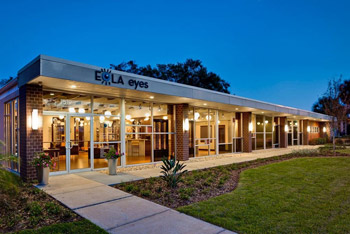

She is hoping that the preparations she, her partners and the staff have taken will mean that they can get back to business as soon as possible. Her to-do list can help others who have a bit of time to prepare for a weather emergency.


1. Notify patients of office closure. “We use email (one of the countless reasons why having an electronic communications system in place is so valuable), social media and direct calls to patients who have appointments.”
2. Shut down and unplug all computers and disconnect Ethernet cables from computer towers.
3. Make sure all computers and electronics are off the floor in case of flooding.
4. Cover medical equipment and electronics in plastic bags, in case of a roof leak.
5. Be sure that all of your important business paperwork/documents are safely and securely stored. Bring copies of your insurance policy home with you. In case you can’t get back to the office, think through what account numbers, policy numbers and phone numbers you’ll need to access.
6. “Sadly, looting is common if access to the building is available through a broken window. Criminals know that most citizens stay home and obey curfews that exist until well after the storm passes, and the police are preoccupied with various emergencies. Thus, police response to burglar alarms—if the alarms are even working if utilities are down—is slow. In addition, our office has many large, floor-to-ceiling windows that may not only provide access to criminals but also to rain water. So, for Hurricane Matthew, we took down all of our frames and put them in a locked interior room.”



